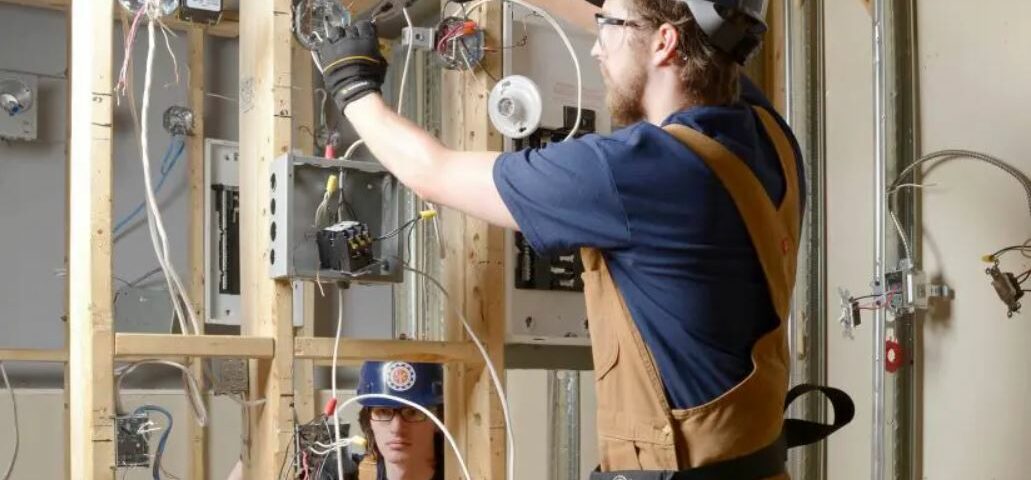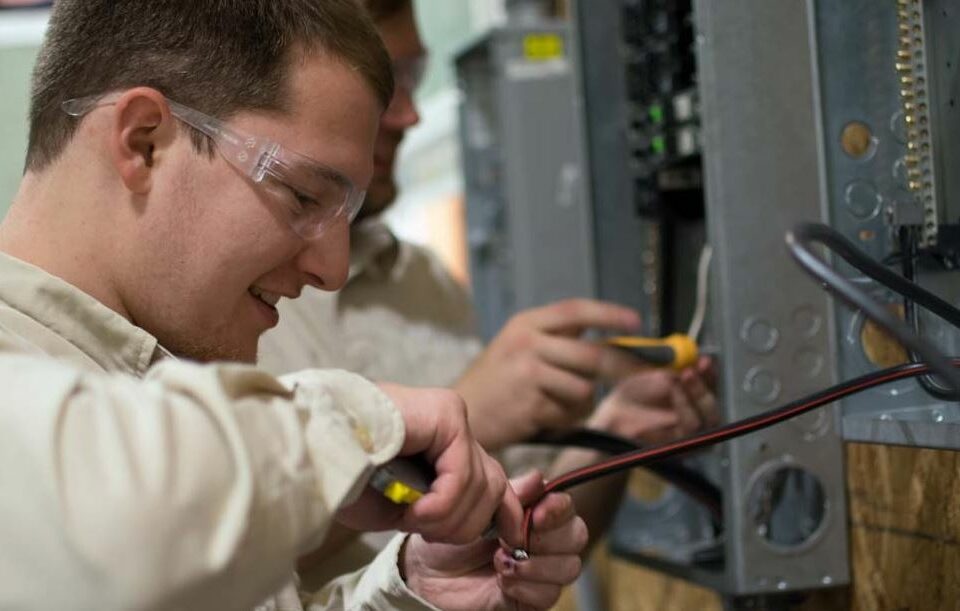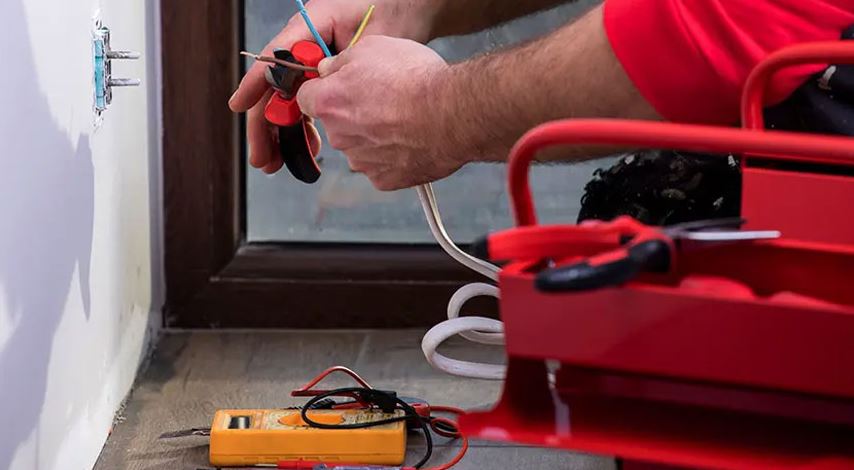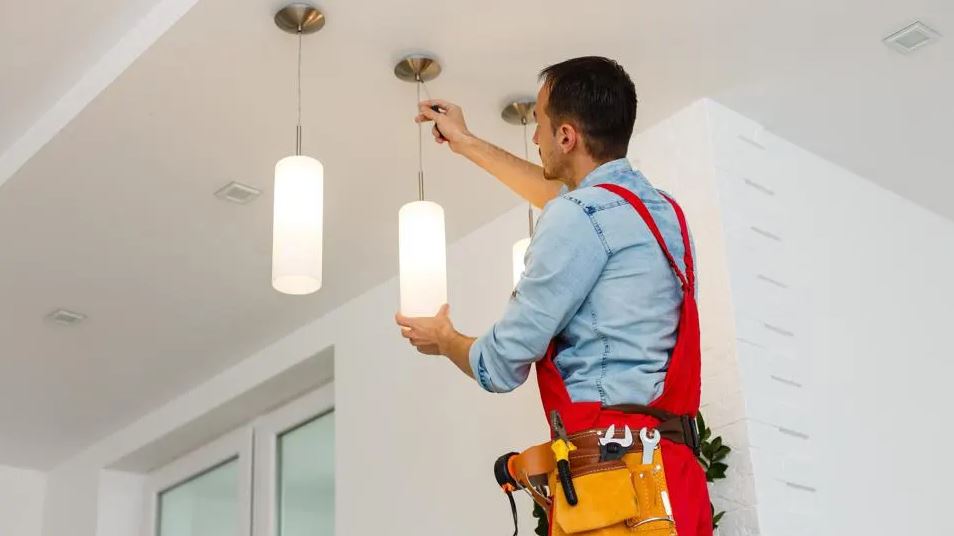Pros And Cons Of Diy Electrical Work Versus Professional Services From A Residential Electrician

How To Choose The Best Residential Electrician For Your Home
June 21, 2023
What Services Do Residential Electricians Offer?
June 21, 2023When it comes to electrical work in a residential setting, homeowners are faced with the decision of whether to attempt the task themselves or hire a professional residential electrician. While DIY projects can offer a sense of accomplishment and potentially save money, they also come with risks and potential safety hazards.
On the other hand, hiring an experienced electrician ensures quality workmanship and adherence to safety standards but may come with a higher price tag. In this article, we will explore the pros and cons of each option to help homeowners make an informed decision that best suits their needs.
Electrical work is not something to be taken lightly and requires proper knowledge, tools, and skills to ensure safety and functionality. Attempting electrical repairs or installations without adequate experience can lead to serious injury or even death.
However, for those who have experience working with electricity or are willing to invest time in learning about it, DIY electrical work can provide a sense of satisfaction and potentially save money on labor costs. It’s important for homeowners considering DIY electrical work to weigh the benefits against the risks before embarking on any project.
Conversely, hiring a professional residential electrician offers peace of mind knowing that the job is being done correctly by someone who has been trained specifically for this type of work.
Benefits of DIY Electrical Work
The advantages of performing electrical work oneself include the potential cost savings, increased knowledge and understanding of electrical systems, and the ability to customize and personalize the electrical system to meet specific needs.
By doing DIY electrical work, homeowners can save money on labor costs since they are not paying for a professional’s services. Additionally, homeowners can gain knowledge about how their electrical system works by researching and understanding the process of doing it themselves.
DIY electrical work also allows homeowners to customize their home’s electrical system according to their specific needs. They can add outlets or light fixtures in areas that may not have been considered by a professional electrician.
This customization can give homeowners a sense of control over their home’s functionality while also providing them with a unique sense of personalization that may be lacking in professionally installed systems.
Risks of DIY Electrical Work
Undertaking electrical projects without proper training or experience poses significant safety hazards. One of the most significant risks is electric shock, which can cause serious injury or even death. Inexperienced DIYers may not understand how to properly ground electrical systems or may accidentally touch live wires, leading to electrocution.
Additionally, improper installation of wiring and fixtures can lead to fires, putting both property and lives at risk. To emphasize the dangers of DIY electrical work, consider the following points:
– Electrical work requires a deep understanding of complex systems and safety protocols that are best learned through formal education and on-the-job training.
– Even seemingly simple tasks like replacing an outlet or light fixture can be dangerous if not done correctly.
– DIYers may lack access to specialized tools and equipment necessary for safely completing certain electrical projects.
While there are certainly benefits to tackling home electrical projects on your own, it’s important to recognize the very real risks involved. When it comes to working with electricity, always err on the side of caution and seek out professional services from a licensed electrician when in doubt.
Advantages of Hiring a Professional Residential Electrician
Hiring a licensed electrician ensures that your home’s electrical projects are completed efficiently and safely, allowing you to have peace of mind knowing that your family’s well-being is protected.
Professional residential electricians undergo extensive training and education in order to become certified and licensed to work on electrical systems. They possess the knowledge and expertise necessary to identify potential hazards, troubleshoot complex issues, and install or repair electrical components in accordance with local building codes.
Furthermore, hiring a professional electrician can save you time and money in the long run. A licensed electrician will use high-quality materials, tools, and equipment to complete your project correctly the first time around. This means that you won’t have to worry about costly mistakes or repairs down the road.
Additionally, many reputable electricians offer warranties on their workmanship, which provides an added layer of protection for your investment. Overall, hiring a professional residential electrician is a wise choice for anyone who wants to ensure that their home’s electrical system is safe, functional, and up-to-date.
What Services Do Residential Electricians Offer?





